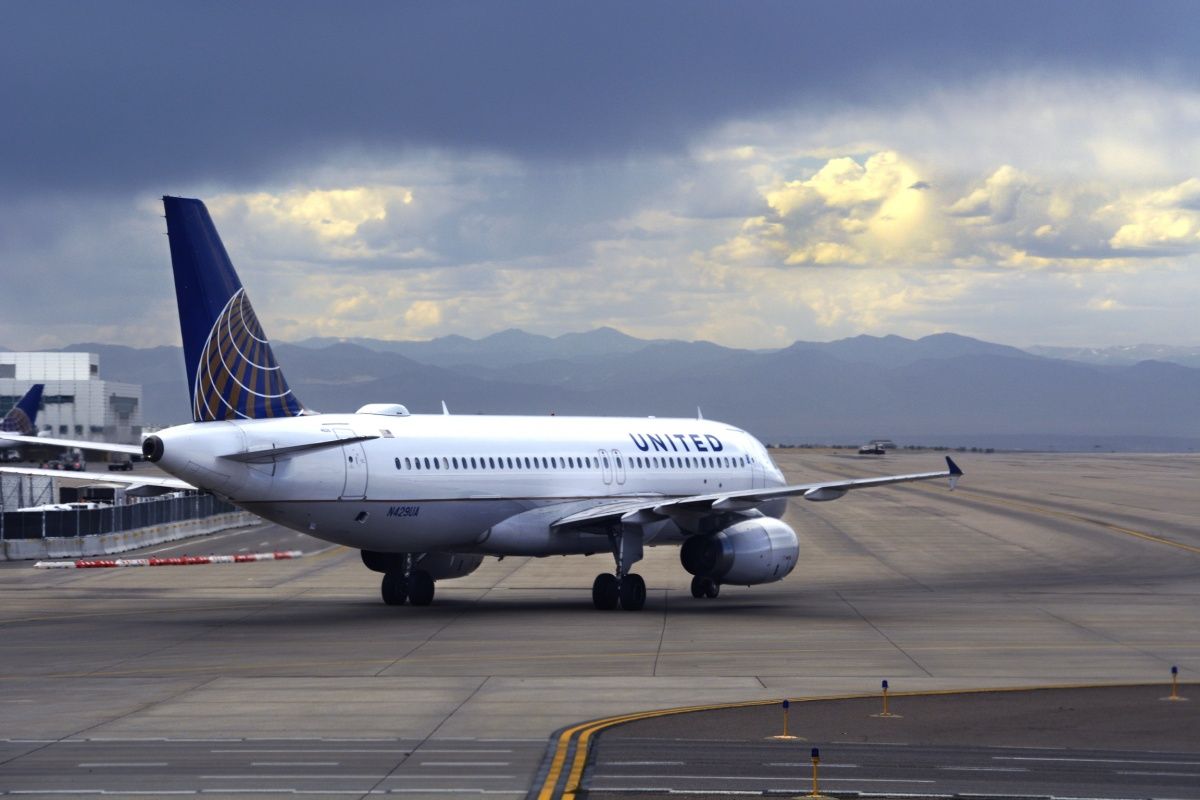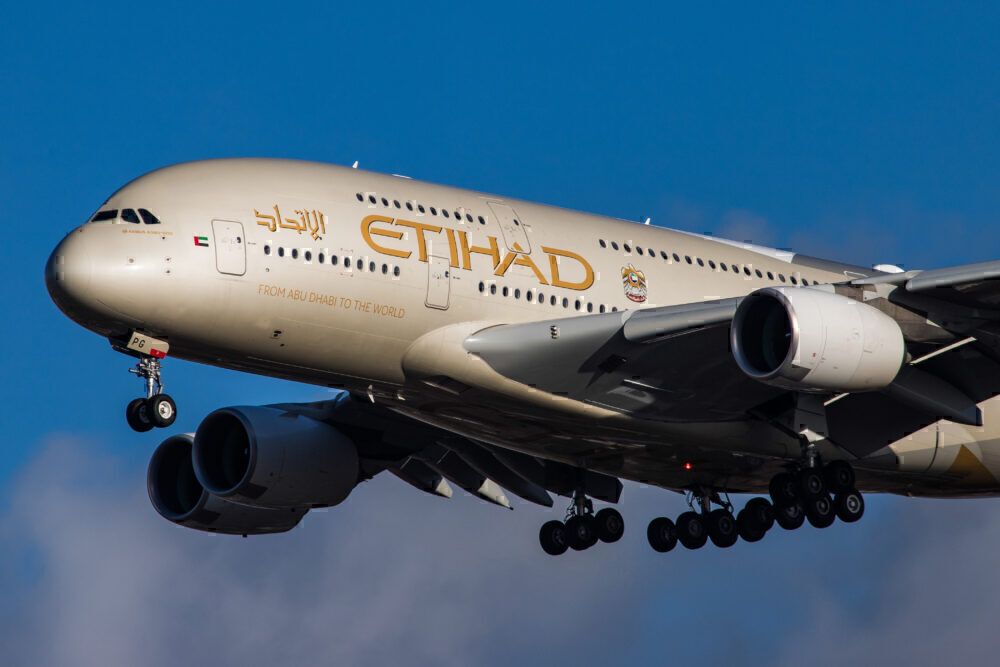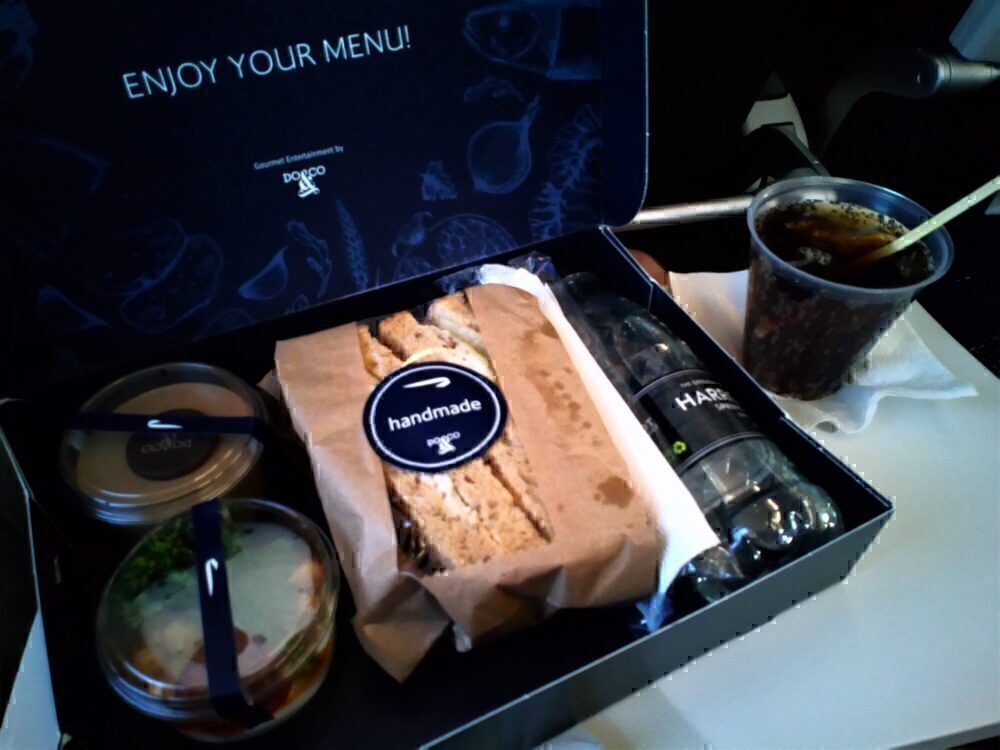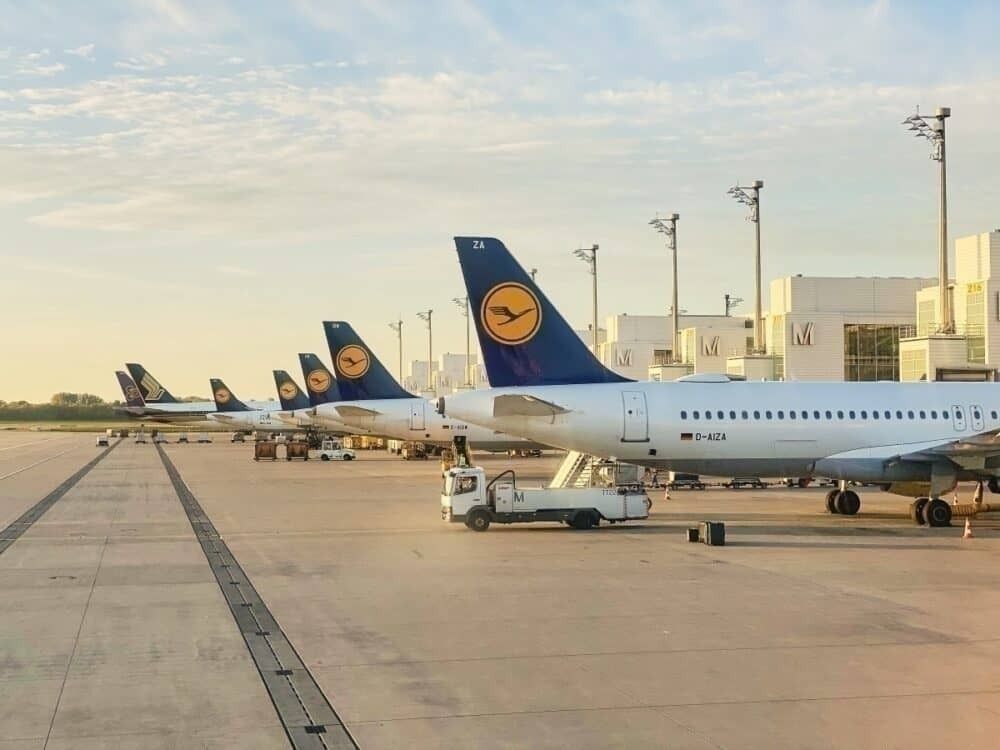The ongoing coronavirus pandemic has significantly impacted almost all aspects of the airline industry. For example, the subsequent sharp drop in passenger demand has seen carriers face financial and operational challenges. However, things have changed from a passenger perspective as well. Since the pandemic began, many airlines have made cuts to their inflight meal services. But when can we expect carriers to return to a full catering program?
Which airlines have made cuts?
The safety of both passengers and crew has been at the forefront of many changes made by airlines this year. Inflight catering is no exception. In order to minimize contact between passengers and crew, many carriers have significantly altered their onboard meal service.
For example, earlier in the year, United elected to begin serving boxed meals to premium customers. In August, it then also streamlined its beverage selection. This resulted in the removal of craft and seasonal beers. As a result, beer-loving passengers were left with the choice of just Stella Artois or Miller Lite. Domestically, only three transcontinental routes retained a (heavily-reduced) meal service of any kind for premium passengers.
Airlines were still making cuts as recently as October. Abu Dhabi-based Etihad's first class service was previously known for the presence of onboard chefs. These helped passengers personalize their luxury meals. However, this role, along with food and beverage managers, has recently been cut, as Etihad looks to adapt to the current crisis by streamlining its onboard teams.
In June, British Airways introduced its take on a COVID-friendly meal service. Like other airlines, it saw its hot meals replaced with cold, pre-packaged meal boxes. The carrier also switched from metal cutlery to a single-use plastic alternative.
However, curiously, its Euro Traveller (short-haul economy) service actually improved in the new scheme. Previously, passengers would have to buy food and drink onboard. However, as part of the new program, they are now given a complimentary snack and bottle of water.
Have any carriers retained a full meal service?
Not all airlines have made such significant cuts to their respective inflight catering programs. As One Mile At A Time reported in June, Lufthansa's reductions were fairly minimal. Its short-haul economy program saw the greatest level of change, with the usual service only present on flights longer than 150 minutes. However, in business class, service continued as normal.
The German flag carrier's long-haul flights offered almost the same meal service as pre-pandemic levels. Despite not serving 'open meals' in the cabin, the range of food on offer, including pre-ordered special meals, continued as before.
At this time, Dubai-based Emirates was also offering the same first class catering as before. In this case, the only change was the more efficient manner in which crew were serving the meals.
When will inflight catering 'properly' return?
It is difficult to say exactly when inflight catering service will return to the levels that we knew pre-coronavirus. However, airlines are certainly making steps in the right direction. For example, Air France began reinstating aspects of its inflight catering service as early as July.
More recently, British Airways brought back hot meals on long-haul flights in October. Furthermore, Spanish flag carrier Iberia announced last month that it would be "restoring its full in-flight meal service while implementing comprehensive safety measures." On the whole, while it is perhaps unlikely that we will see pre-coronavirus inflight service levels return in the short-term, these small steps represent a promising start in air travel's return to normality.
What are your thoughts? Let us know what you think in the comment section.




